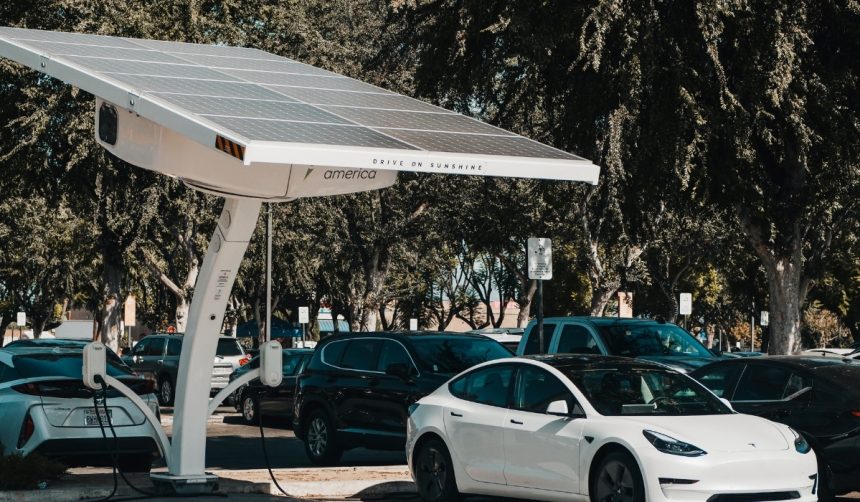Elon Musk’s latest purchase of Tesla stock, totaling about $1 billion, has stirred renewed attention among investors and financial analysts. As owners and observers scrutinize insider buying by top executives, Musk’s rare acquisition comes at a time when Tesla is navigating an uncertain automotive market and regulatory shifts. His decision coincides with ongoing questions about the company’s strategic direction, highlighting the scrutiny surrounding Tesla’s performance and management. Market participants are watching closely to see how this purchase might affect longer-term sentiment.
When examining earlier coverage of Musk’s Tesla stock transactions, the scale of his recent $1 billion buy sharply contrasts with previous smaller purchases, including a $10 million acquisition in 2020. The timing is also significant given recent market volatility and debates about Tesla’s valuation. Past reports noted a more cautious approach from Musk; however, this move signals a different stance and has triggered analysis about its strategic intent for both the executive and the company. The context underscores how investor reactions tend to be more pronounced when insider buying follows periods of stock price instability and leadership ambiguity.
Why Did Musk Acquire Major Tesla Shares?
Musk’s acquisition of 2.57 million Tesla shares, as disclosed to the U.S. Securities and Exchange Commission, marks his most substantial purchase to date by value. The transactions occurred at varying prices and were filed at the end of last week. Investors widely interpret this action as a signal of personal commitment to the company’s growth prospects. In response, Tesla’s stock price climbed over 8% in early trading, indicating swift market reaction to insider buying activity.
What Does This Mean for Tesla’s Leadership and Shareholders?
Tesla and its chief executive are preparing for an important shareholder meeting scheduled for November, where an unprecedented compensation package for Musk is up for a vote. If approved, the package could be worth as much as $975 billion, contingent on the company reaching specific valuation targets. The long-term objectives set by Tesla’s board tie Musk’s compensation to ambitious milestones. As it stands, Musk owns approximately 13% of Tesla and could further increase his stake depending on performance outcomes.
How Are Market Analysts and the Public Responding?
Financial analysts have offered varying perspectives regarding the implications of Musk’s stock buy, noting that the move comes after a period of fluctuating Tesla shares triggered by operational changes, reduced governmental support for electric vehicles, and leadership controversies. Some experts point out that such insider confidence might bolster investor morale after a turbulent year, while others remain cautious, mentioning Wall Street’s consensus, which suggests the stock has downside risk. Musk, on the other hand, appears undeterred by short-term fluctuations, telling stakeholders in a statement:
“I have never been more optimistic about Tesla’s long-term potential.”
He also reiterated another position regarding his new venture, xAI:
“I believe the future of artificial intelligence is deeply intertwined with Tesla’s mission.”
The comments underline his ongoing interest in artificial intelligence and robotics as core drivers for the brand’s evolution, which some believe could shift Tesla’s focus beyond automobiles.
Tesla’s latest developments pose new questions for individual and institutional investors navigating a rapidly evolving electric vehicle landscape. Insider buying of this magnitude may counterbalance some short-term uncertainties, but lingering questions about sustained profitability, shifting government policies, and industry competition remain. For readers and stakeholders, it’s instructive to assess large insider transactions within the broader context of market history and future projections. Observing executive actions can provide valuable context, but informed investment decisions also depend on analyzing fundamentals, understanding regulatory risks, and monitoring evolving leadership strategies.
- Tesla CEO Elon Musk purchased $1 billion in company shares.
- The acquisition influenced Tesla’s stock price in early trading.
- Shareholders will vote on Musk’s compensation plan this November.










